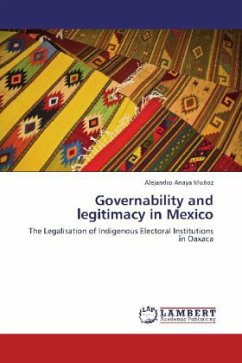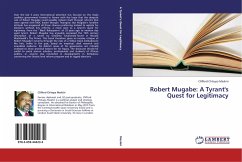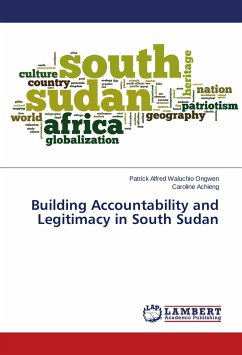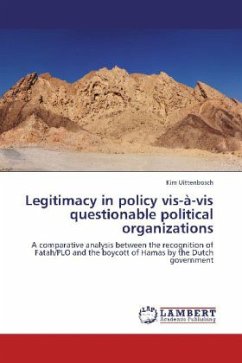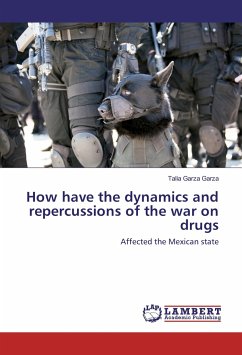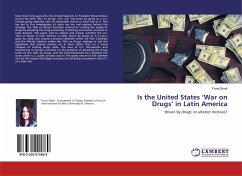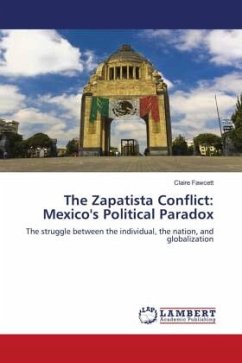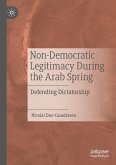This book studies the legalisation of indigenous institutional practices for the election of municipal authorities (known as usos y costumbres ) in the State of Oaxaca, Mexico, with the purpose of explaining its causes and assessing its consequences. The book argues that the legal recognition of indigenous electoral institutions was a response by the PRI regime to concrete challenges to its hegemony in Oaxaca, where it faced the threat of indigenous radicalism and the growing deterioration of its own electoral supremacy. These threats were reflections of a wider and incremental process of erosion of the PRI regime s legitimacy in the state. The book further argues that the legalisation of indigenous electoral institutions was part of a broader PRI strategy to restore its eroded legitimacy in Oaxaca.

